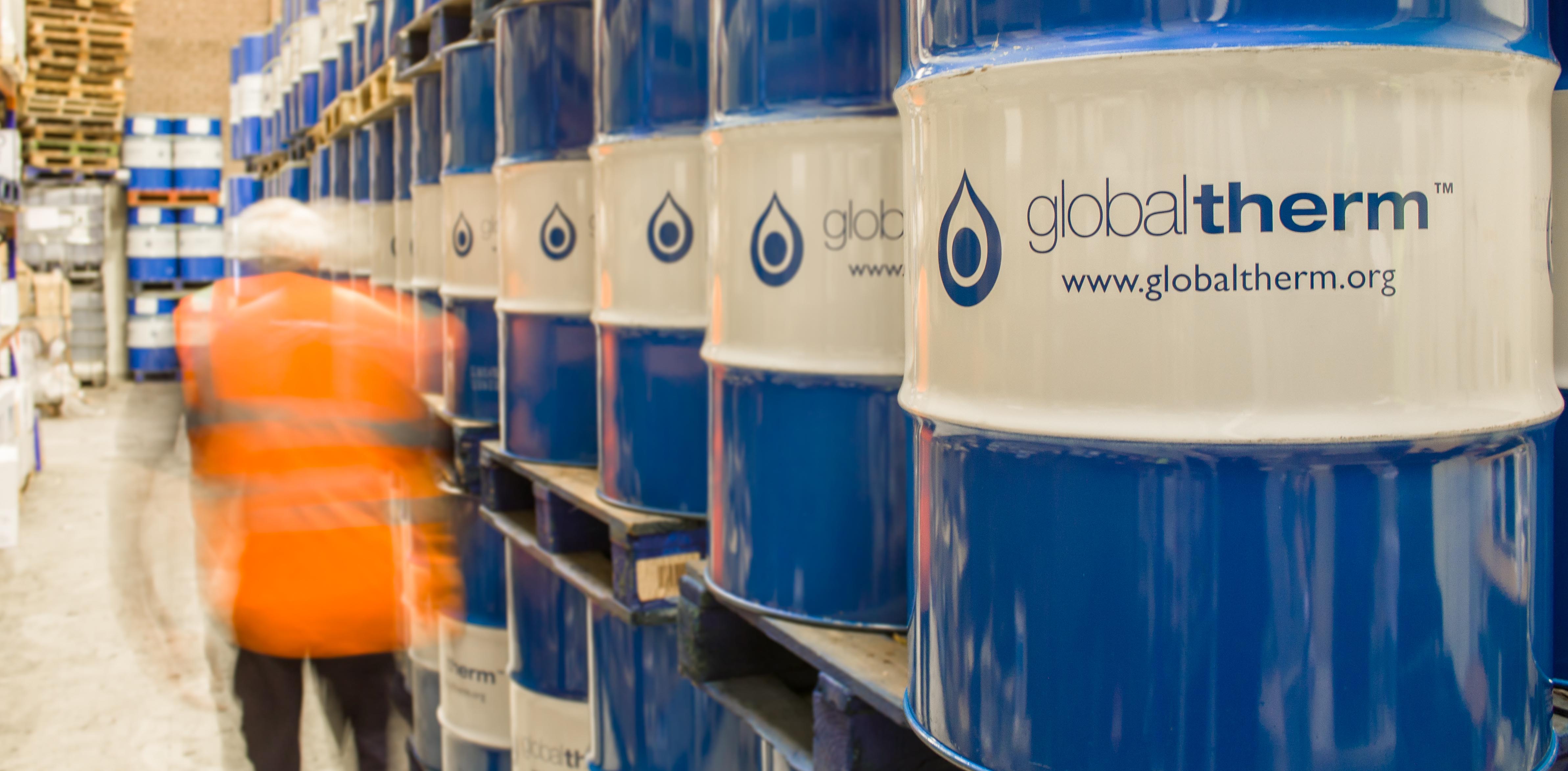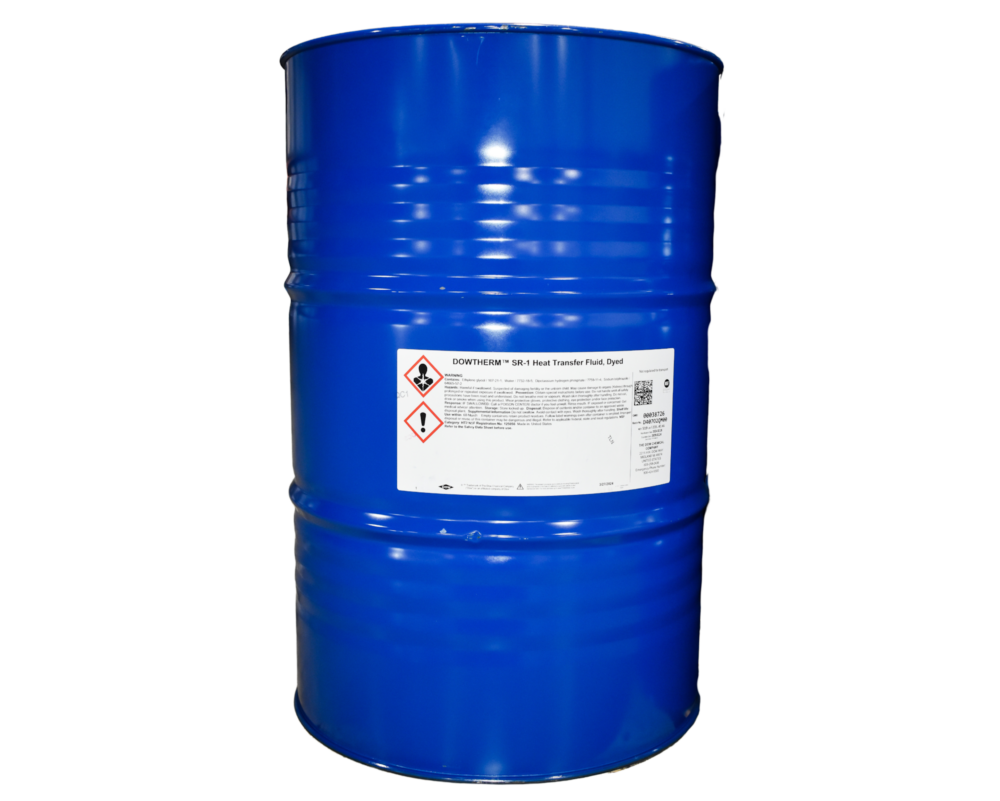Heat Transfer Fluid: Vital for Enhancing Industrial Heating & Cooling Equipments
Heat Transfer Fluid: Vital for Enhancing Industrial Heating & Cooling Equipments
Blog Article
Why Warm Transfer Liquid Is Necessary for Optimizing Power Transfer in Solution
The duty of warmth transfer fluids in optimizing energy transfer is critical for attaining effective thermal monitoring throughout various industrial fields. These fluids promote smooth heat exchange, making certain processes operate within ideal temperature level varieties and reducing the threat of overheating.

Duty in Thermal Management
Warm transfer liquids play an essential duty in thermal administration by successfully regulating temperatures in numerous commercial procedures and systems. These specialized liquids assist in the transfer of warmth in between various parts, ensuring optimal operating problems and avoiding overheating. By keeping precise temperature control, heat transfer fluids enable industries such as chemical manufacturing, oil and gas, and power generation to operate safely and efficiently.
The option of a suitable warm transfer fluid depends upon a number of variables, including thermal stability, warmth capacity, and viscosity. High thermal security makes certain that the fluid can endure extreme temperatures without deteriorating, while a high warmth ability enables it to absorb and launch substantial quantities of heat - heat transfer fluid. Reduced viscosity decreases the energy needed for pumping, adding to overall system efficiency
In addition, warmth transfer fluids are essential in applications like refrigeration, where they help absorb and dissipate warm throughout the cooling cycle. In solar thermal energy systems, these liquids capture and transportation solar heat to generate electricity or give warm water. Their adaptability to varied operating conditions and ability to preserve regular thermal performance emphasize their importance in commercial thermal management, promoting operational continuity and boosting safety actions.

Enhancing System Efficiency
To make best use of the advantages of thermal management, boosting system effectiveness through the tactical usage of heat transfer liquids is critical. By maintaining optimum temperature degrees, heat transfer liquids help make sure that systems operate within their created parameters, consequently protecting against getting too hot and lowering the risk of element failing.

Kinds Of Warmth Transfer Liquids
The variety of warm transfer liquids emphasizes their essential duty in a range of industrial applications, each customized to fulfill particular thermal administration needs. These liquids help with reliable energy transfer and are picked based on vital buildings such as thermal security, viscosity, and warm ability. The main types include water, glycol solutions, oils, you can try this out and synthetics, each offering distinctive benefits.
Water is the most typical warm transfer tool due to its high specific warm ability and low expense. Mineral oils are preferred for their thermal security and non-corrosive nature, making them appropriate for high-temperature applications.

Synthetic liquids, including silicone and aromatic substances, provide phenomenal thermal stability and are utilized in environments requiring extreme temperature level varieties. These fluids make certain exceptional efficiency in systems where standard fluids might stop working. The selection of a warmth transfer liquid is crucial, as it affects system effectiveness, safety, and longevity. Each kind has to be selected to line up with the operational needs and the particular conditions of the application it offers.
Environmental and Economic Conveniences
Making use of the right warm transfer fluids uses considerable ecological and economic benefits for industrial procedures. Environmentally pleasant heat transfer liquids, typically biodegradable and safe, reduce the threat of dirt and water contamination in the event of leakages or spills, Continued thereby shielding environments and conforming with rigorous ecological regulations.
Financially, the ideal heat transfer liquid can significantly lower functional costs. Efficient warm transfer minimizes energy expenditure, leading to lower energy expenses and improved profitability. In addition, fluids with extended lifecycle performance reduce the regularity of substitutes and maintenance, decreasing downtime and connected prices. Investing in premium fluids can additionally alleviate the risk of tools rust and failing, preventing costly repairs and prolonging the life-span of vital infrastructure. In affordable markets, these cost savings and effectiveness provide a distinctive advantage, permitting companies to designate sources a lot more effectively and buy more advancement. Overall, the calculated use optimum warmth transfer liquids supports lasting economic development and environmental stewardship.
Picking the Right Liquid
Just how does one navigate the intricate process of selecting the appropriate heat transfer fluid for commercial applications? Thermal stability makes sure the liquid can endure high temperature levels without breaking down, while compatibility prevents rust or various other harmful responses with system components.
Furthermore, the liquid's heat capacity and viscosity are vital. A high warmth capability enables the fluid to take in and move even more power, enhancing efficiency.
Final Thought
The strategic selection and application of warm transfer liquids are basic to enhancing energy transfer throughout various systems. By making sure high thermal security and ability, these liquids give specific temperature control and improve total system efficiency. This optimization contributes about his to decreased operational costs and lower greenhouse gas emissions, therefore promoting sustainability. The choice of fluid, tailored to particular viscosity and operational demands, is crucial for taking full advantage of efficiency and attaining economic and environmental benefits in industrial processes.
Report this page